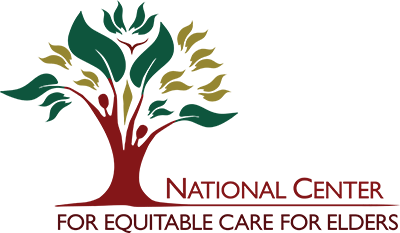Type 2 diabetes is a chronic disease which places individuals at risk for serious long term complications and death. Risk reduction, effective treatment and management of diabetes as with many other chronic diseases are heavily dependent on social and environmental conditions. Individuals within certain special and vulnerable populations experience health inequalities and therefore are at a higher risk of late detection, inadequate management and treatment of diabetes. Improved access to certain non-clinical enabling services and a comprehensive social history is essential to understanding the needs of these often overlooked individuals, and developing interventions that address those needs.
Learning Objectives
- Describe the impact of mobility as a social determinant of health that impacts the identification, treatment, and management of diabetes.
- Articulate the social characteristics of and risk factors for diabetes in public housing residents
- Describe the impact of social determinants of health specifically experienced by LGBTQ patients on management of diabetes and diabetes outcomes among LGBTQ patients.
- Articulate the key role social determinants play in addressing the long term management of older adults diagnosed with Type 2 diabetes and other co-morbidities
Presented by: National Center for Equitable Care for Elders, National LGBT Health Education Center, Migrant Clinicians Network, National Center for Health in Public Housing
Webinar Resources
Access the webinar recording on the NCECE YouTube channel. To request presentation slides, contact NCECE via email.
